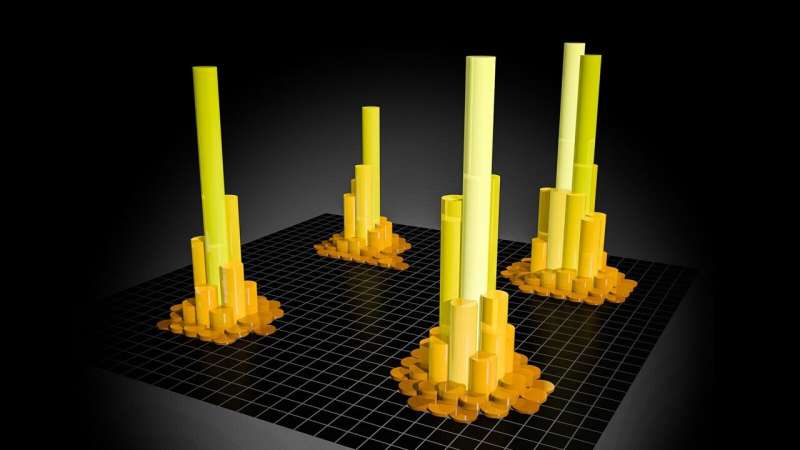Cooperation between AI and human planners

Artificial intelligence allows supply chain planners to alter forecasts generated by self-learning systems. Are there any benefits to this? Would the software's forecast be more reliable than the human's? KLU researchers are addressing these questions in a state-of-the-art study. On average, their study found that human intervention did not increase the accuracy of forecasts.
A major European grocery retailer and an AI provider provided 30 million forecasts for each unit of product per store per day for this study.
Planners' optimism leads to inaccurate forecasts
According to the results, planners do not contribute significantly to the accuracy of forecasts. Khosrowabadi asserts that planners even overcompensate for factors such as weather and discounts that have already been taken into account by artificial intelligence. Approximately half of the human interventions in the study were successful in improving results.
According to the data, approximately five percent of AI-generated forecasts were adjusted by supply chain planners. Naghmeh Khosrowabadi explains, "We were interested in learning why planners revised AI-generated forecasts. As a result of our findings, planners' adjustments to AI forecasts are strongly influenced by features of the product, such as price, freshness, and discounts."
If, for instance, the AI system provides a forecast for an expensive product, planners will pay more attention and will be more likely to intervene, such as by adjusting the forecast.
Furthermore, our results indicate that large increases in predictions from artificial intelligence are often inaccurate as well as more frequent, for example when human forecasts for items to be sold on a given day in a specific store are two times greater than AI forecasts.
Prof. Kai Hoberg says that the planners appear to be too optimistic here. On the other hand, decreases resulting from the AI-forecast were less likely but more accurate.
Enhancing the cooperation between human planners and artificial intelligence
"Human planners will rightfully continue to play a significant role in AI-enabled forecast processes," Prof. In some cases, human planners possess knowledge that is not accessible to an AI system, such as local events or competitor actions. This allows them to increase their chances of forecasting to more than 70% by utilizing this knowledge. As a result, planners and artificial intelligence need to work together more closely."
In order to achieve this, the team recommends that retailers and AI providers exchange more information: the better planners understand how the system makes its forecasts, the more easily they can determine when to intervene. "The key is to help planners to decide when they need to intervene - and when the system is fine on its own so that they may concentrate on other tasks," promises Khosrowabadi.
A leading AI provider and a major European retailer analyzed data from 30 million SKU store-day level forecasts. It was also possible to consider data on additional variables, such as products, weather, or holidays.
This original work was published in the European Journal of Operational Research.
Src: Kühne Logistics University



Comments ()